Infosys co-founder and Aadhaar architect Nandan Nilekani envisions India’s energy sector undergoing a transformation similar to the Unified Payments Interface (UPI), which revolutionized digital payments. Speaking to entrepreneurs, he emphasized the growing adoption of rooftop solar panels, enabling households to become both producers and consumers of electricity.
“We are used to buying energy in small amounts, like LPG cylinders. But electricity has always been seen as something supplied by the grid. That is changing,” Nilekani said.
He highlighted a future where every home generates solar energy, stores it in electric vehicle (EV) batteries, and trades it seamlessly. “Every home will be an energy producer, seller, and buyer. Just like UPI revolutionized payments, a decentralized energy network will transform power consumption,” he added.
Nilekani believes this shift will create millions of micro-energy entrepreneurs, driving economic innovation and sustainability. Decentralized energy systems, powered by smart grids and digital infrastructure, could reduce dependency on centralized power plants while promoting self-sufficiency.
India has already witnessed the success of UPI, which now facilitates 80% of the country’s retail digital payments. In January alone, UPI transactions surpassed 16.99 billion, with a transaction value exceeding ?23.48 lakh crore. The platform’s ease of use and integration with banks and fintech companies have made it India’s go-to real-time payment system.
Beyond India, UPI is gaining international acceptance, now operational in seven countries, including the UAE, Singapore, Bhutan, Nepal, Sri Lanka, France, and Mauritius, enabling seamless cross-border payments.
As India moves towards energy decentralization, Nilekani’s vision suggests that digital infrastructure could once again play a pivotal role in transforming another key sector, making energy trading as seamless as mobile payments.








 OpinionExpress.In
OpinionExpress.In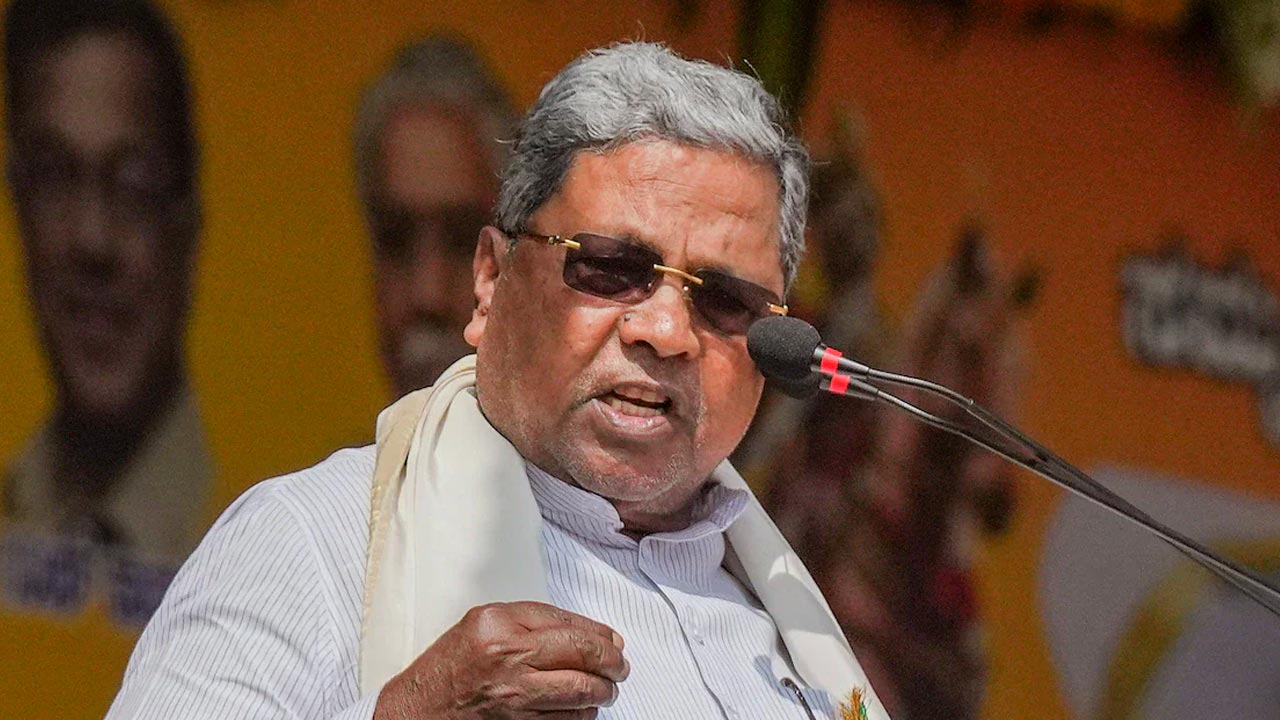
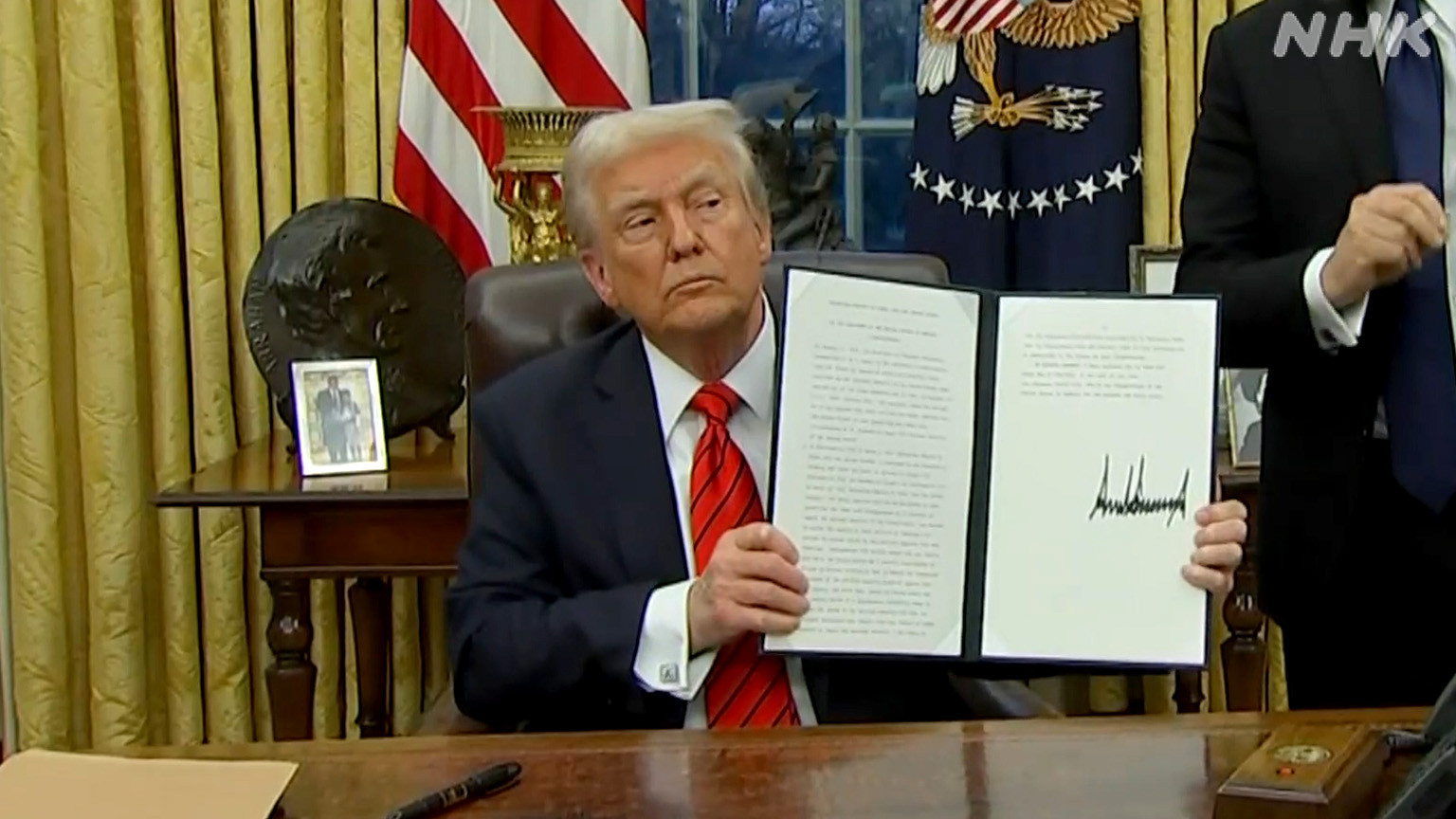
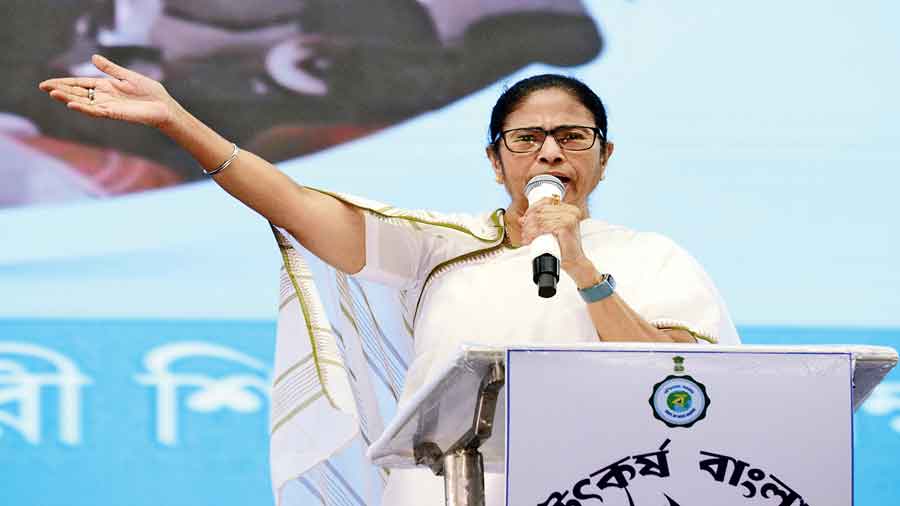
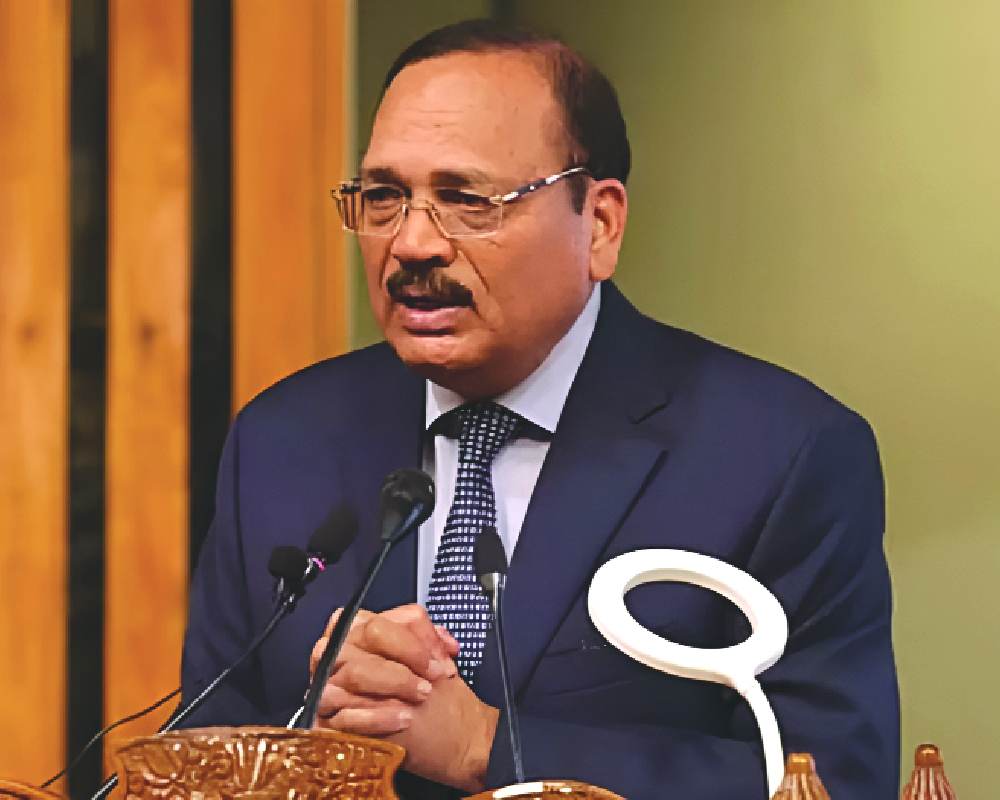
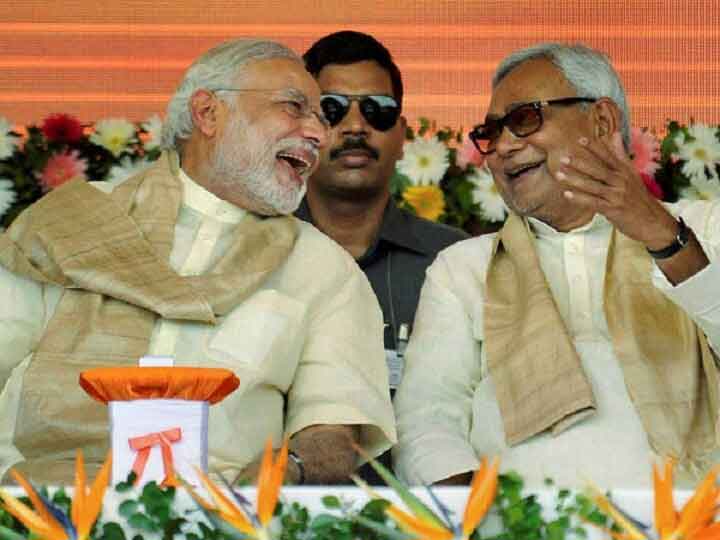
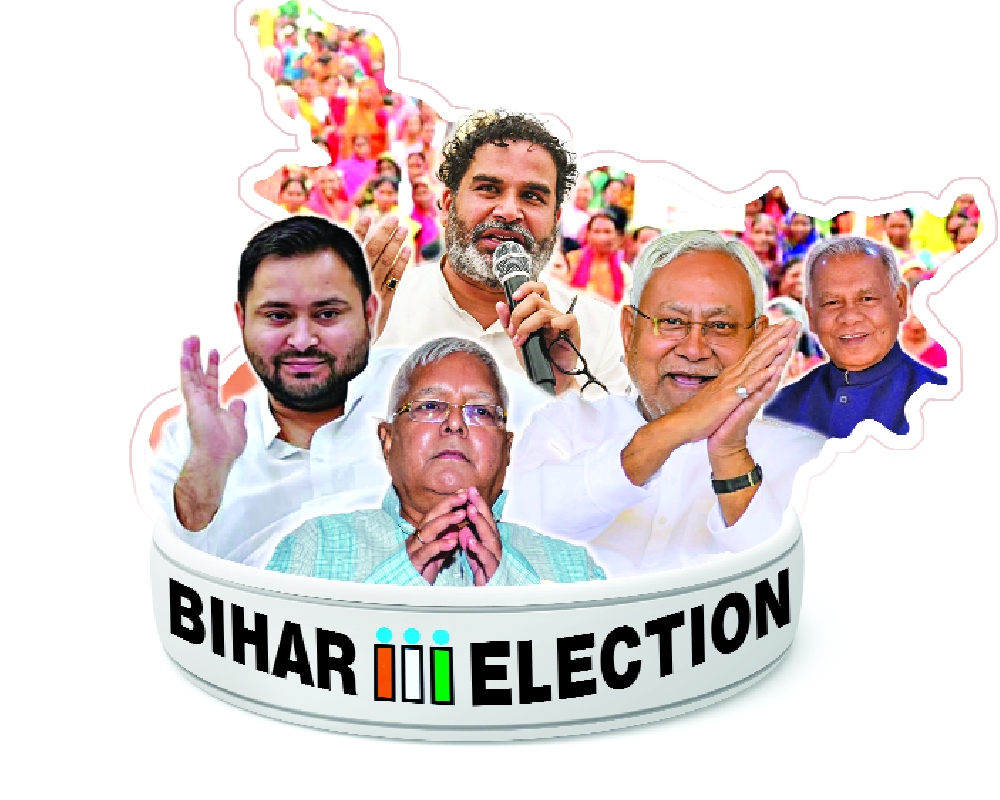
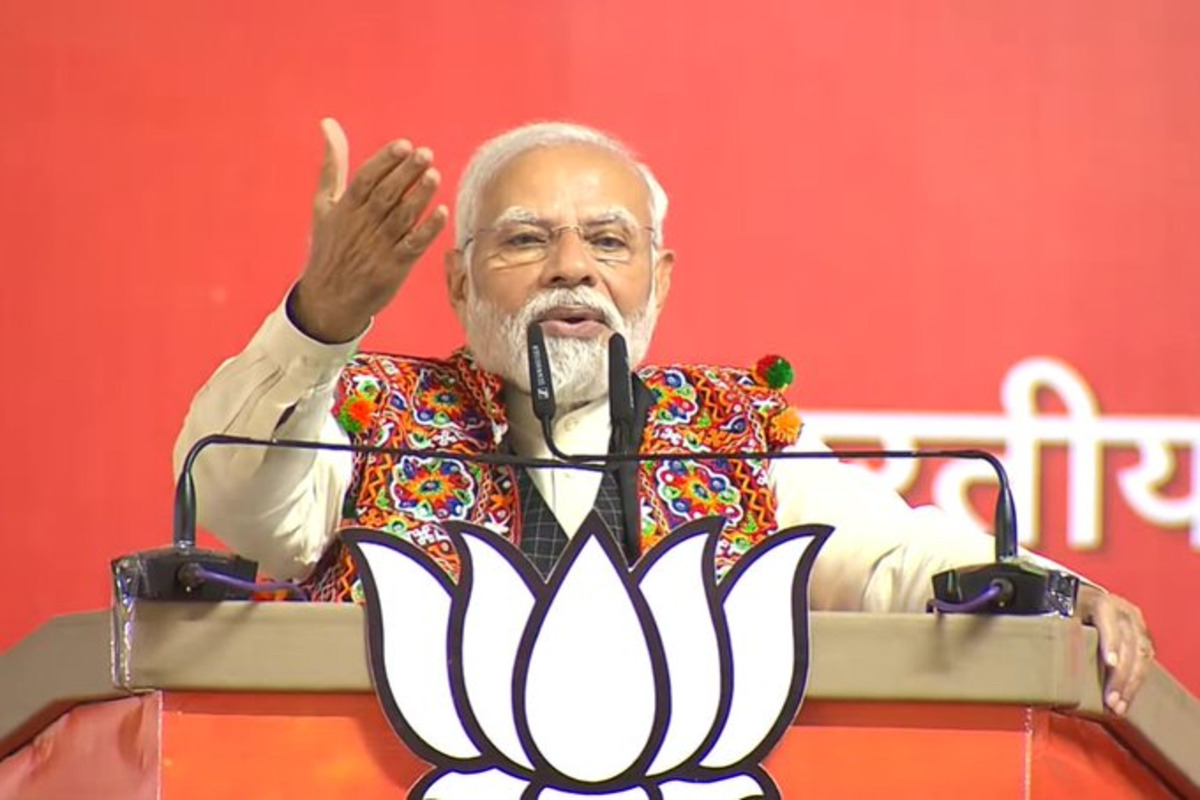

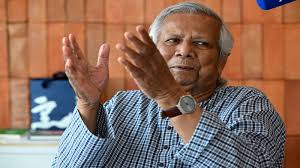
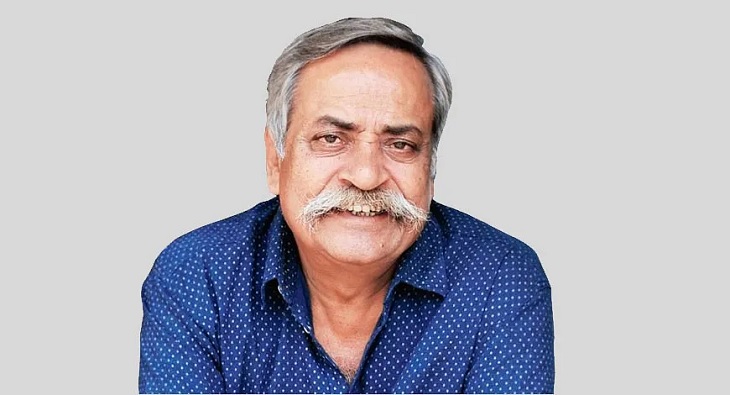






Comments (0)